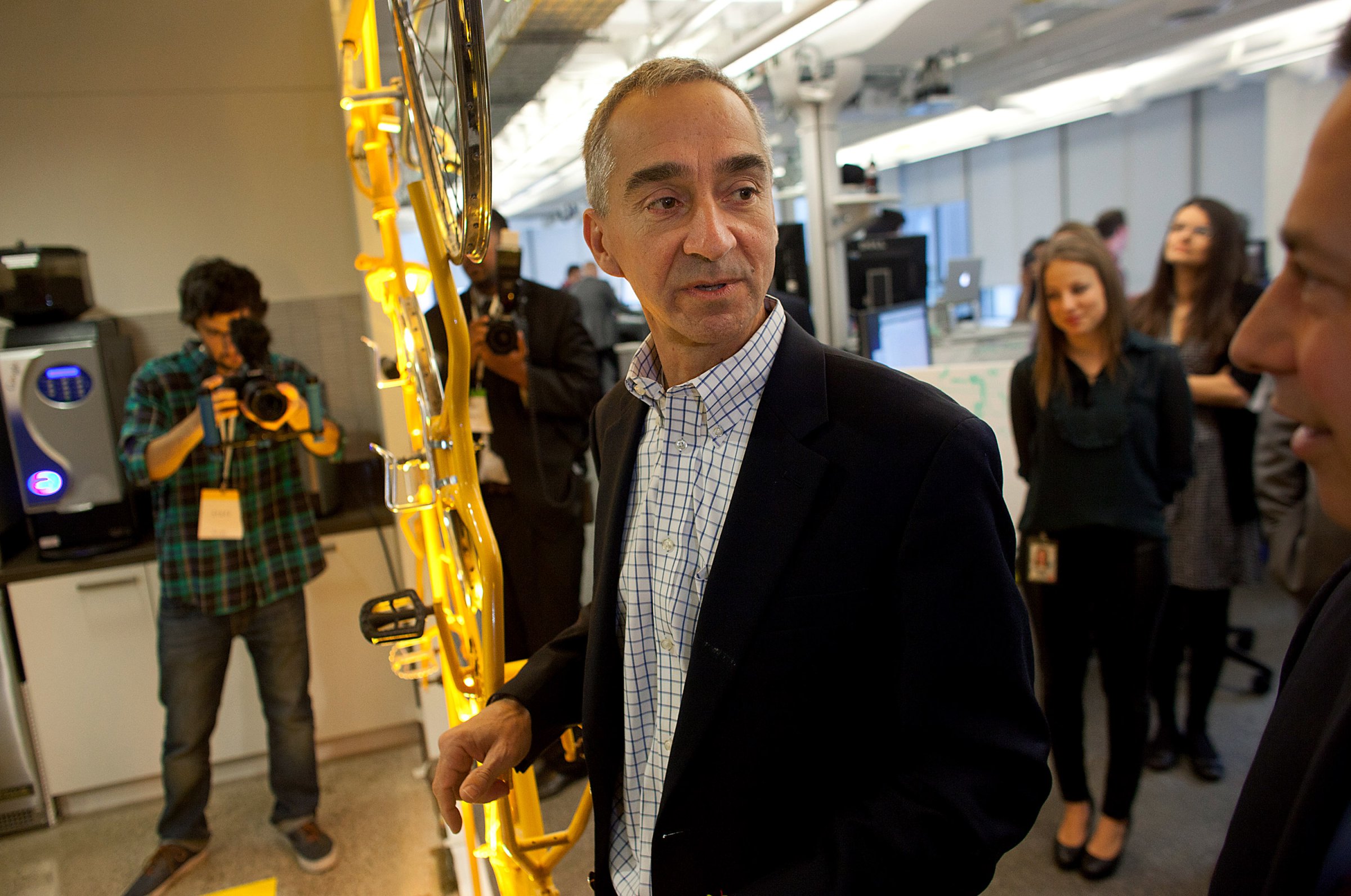
The quarterly call that executives hold to discuss earnings is, short of face-to-face meetings, the best chance for investors to get a sense of a company’s financial health. Over and over again, the analysts on these calls focus their questions on pressing for metrics or hard numbers to gauge that health.
It’s one thing for executives to be bashful about sharing too much data that could help their competitors. It’s another for them to try and replace cold hard numbers with a completely useless commodity: a confessional on how a CEO or CFO is feeling in the moment.
Yet this is an unwelcome trend in tech earnings, where over and over tech leaders who are smart enough to know better keep repeating how thrilled they are, how excited, how they couldn’t be happier about all the boring little incremental developments that apparently please them to no end. It’s unwelcome because these calls aren’t support groups. Investors tune in to decide whether they should buy, sell or hold a company’s stock.
Take Google. On a recent earnings call, Citigroup analyst Mark May asked a reasonable question about Compute Engine, Google’s cloud services platform. “What sort of impact is that having on revenue or expenses and capex for the business?” “We’re really thrilled by the momentum,” Google CFO Patrick Pichette replied.
A no comment would have sufficed here. But Pichette offered less than a no-comment, a comment of negative value, a subjective emotion as answer to a mathematical question. It’s like ordering food at a restaurant and being served a picture of someone who just had a yummy meal. It neither nourishes nor satisfies.
And yet Pichette and Chief Business Officer Omid Kordestani went on to mention how thrilled they were about this or that (we’re thrilled to be a platform!) six more times during the call. The Oxford English Dictionary defines a thrill as “an intense emotion or excitement” that causes “a subtle nervous tremor.” The word comes from the English “thirl,” meaning to pierce something with a sharp instrument–to bore it, which is what Pichette and Kordestani were doing to their audience.
America's 500 Biggest Companies

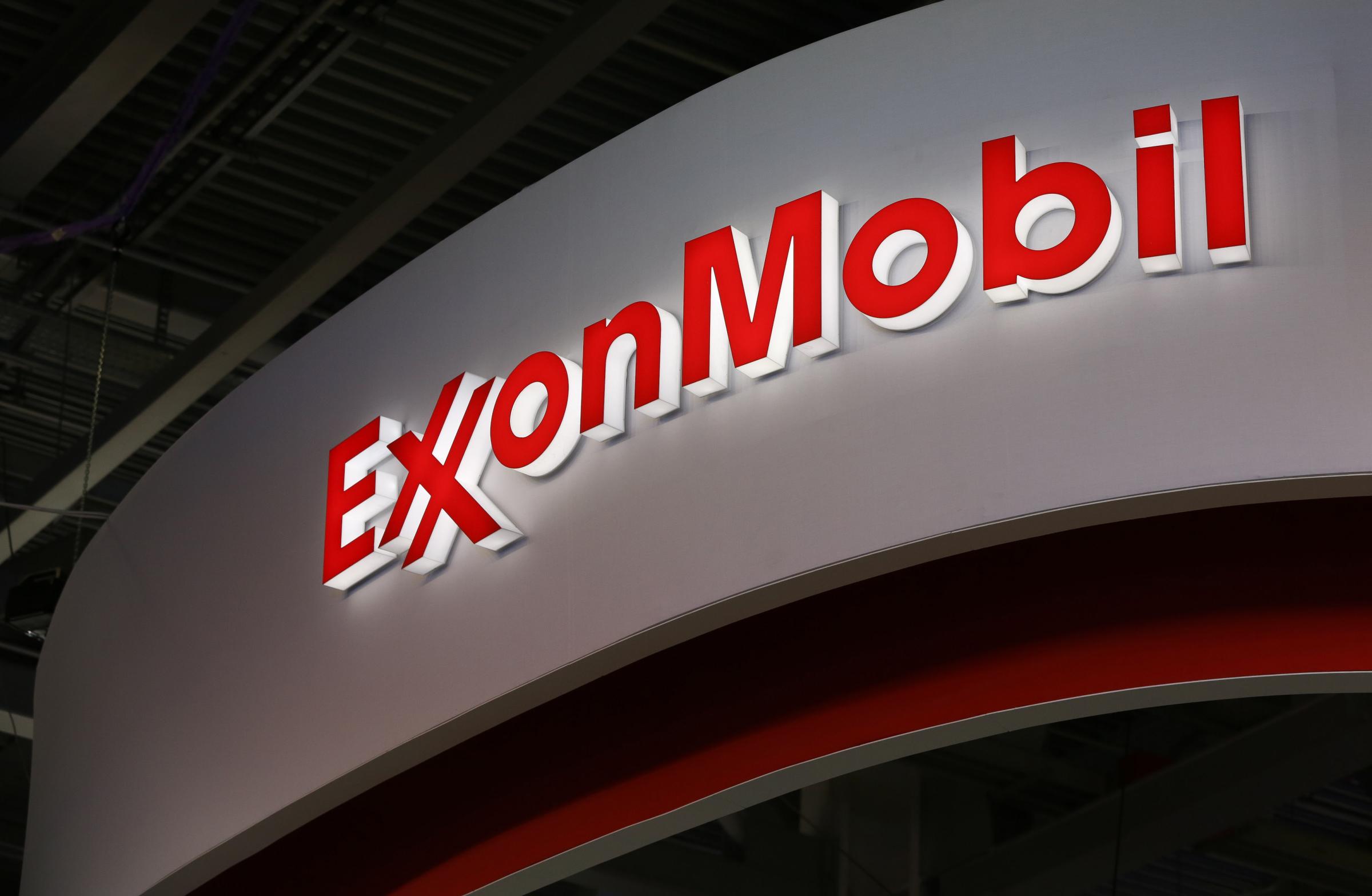

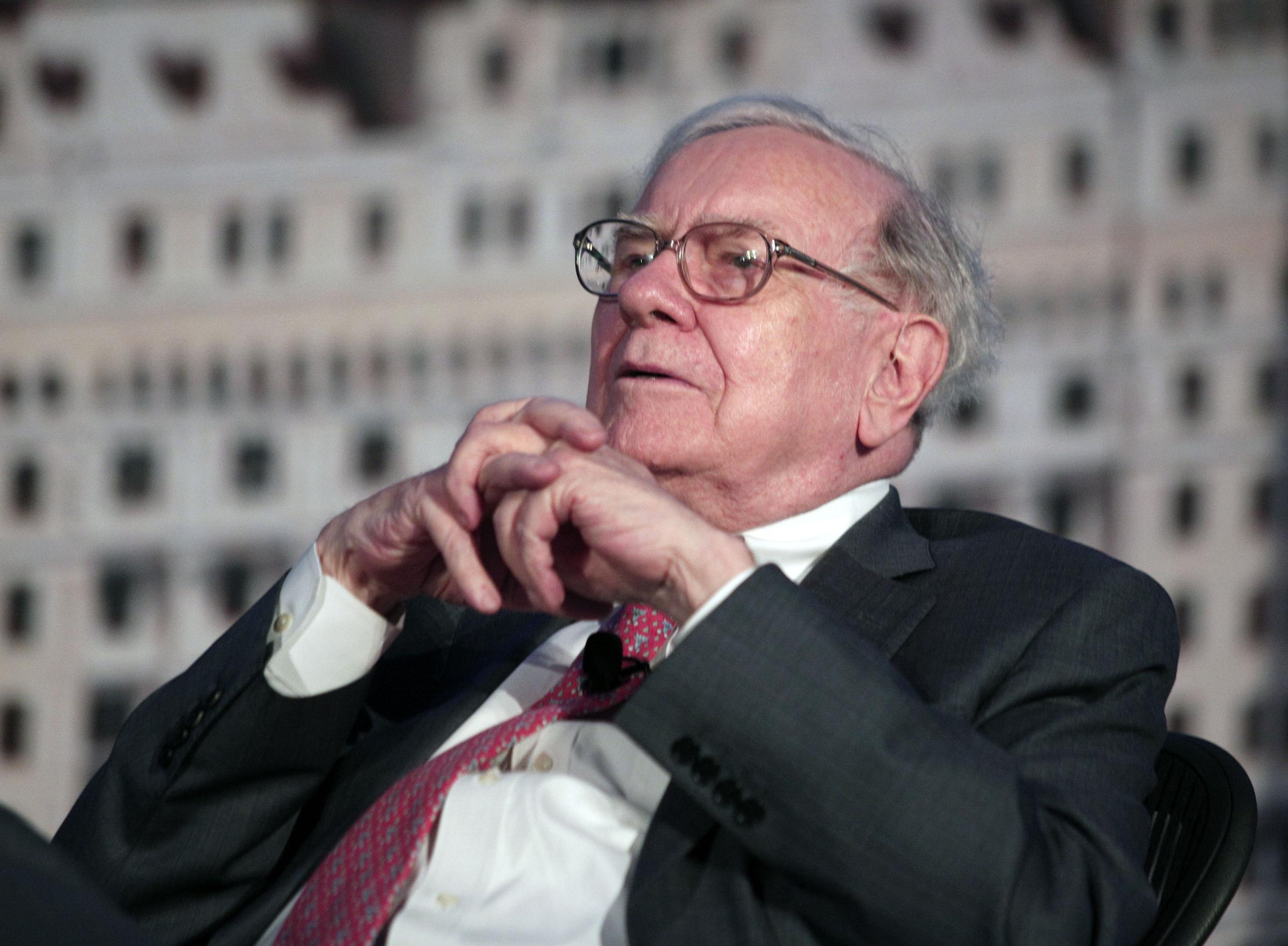


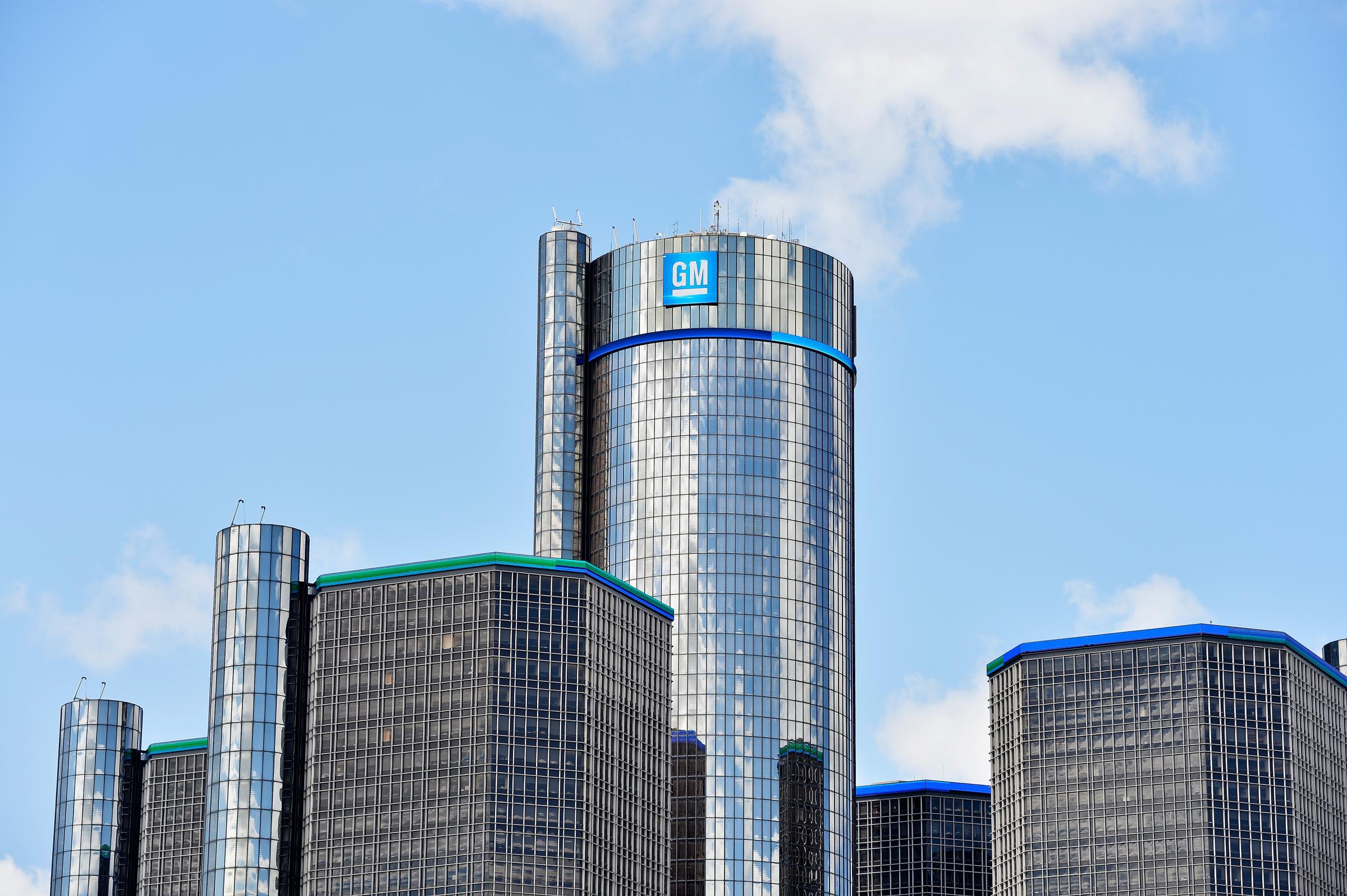
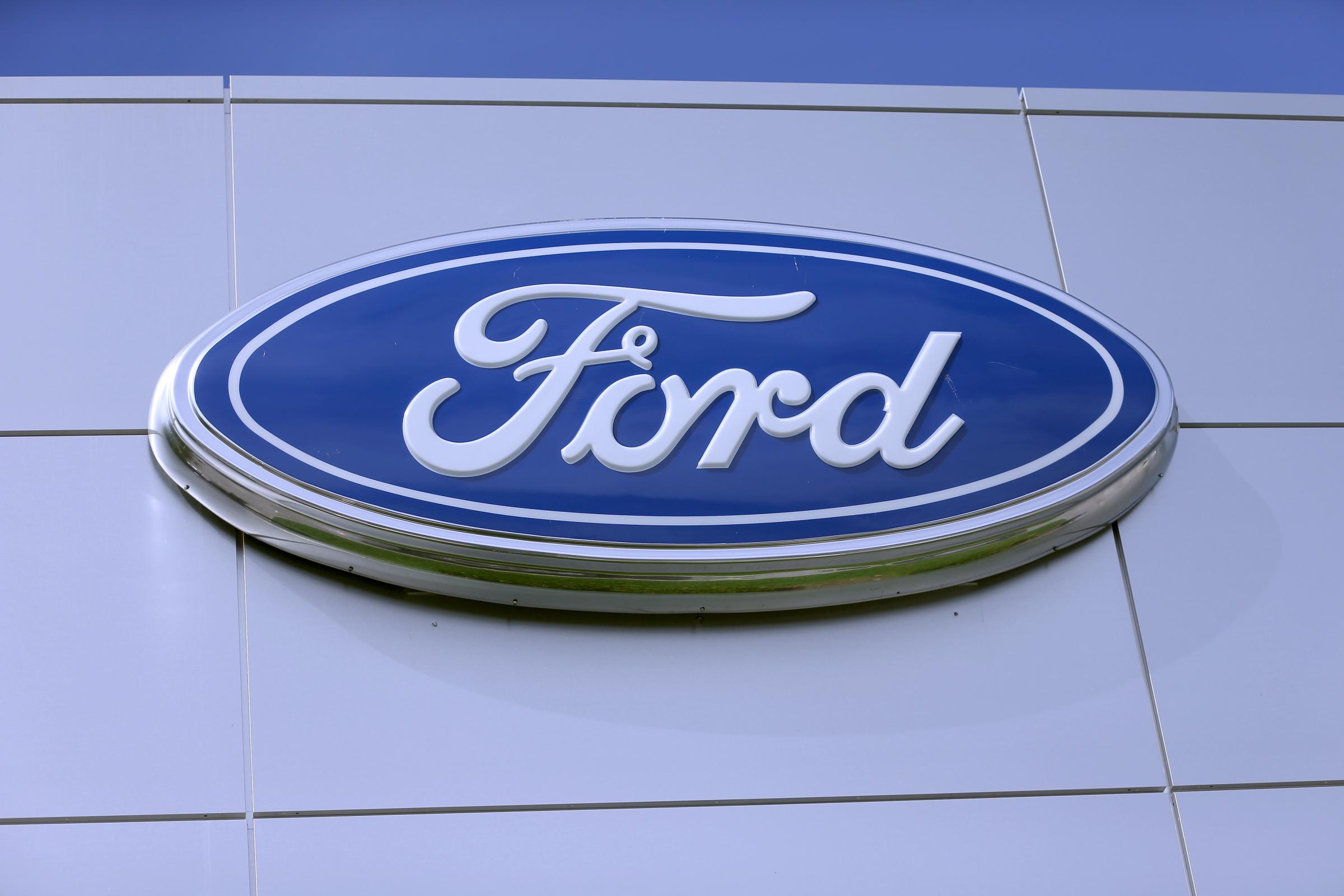
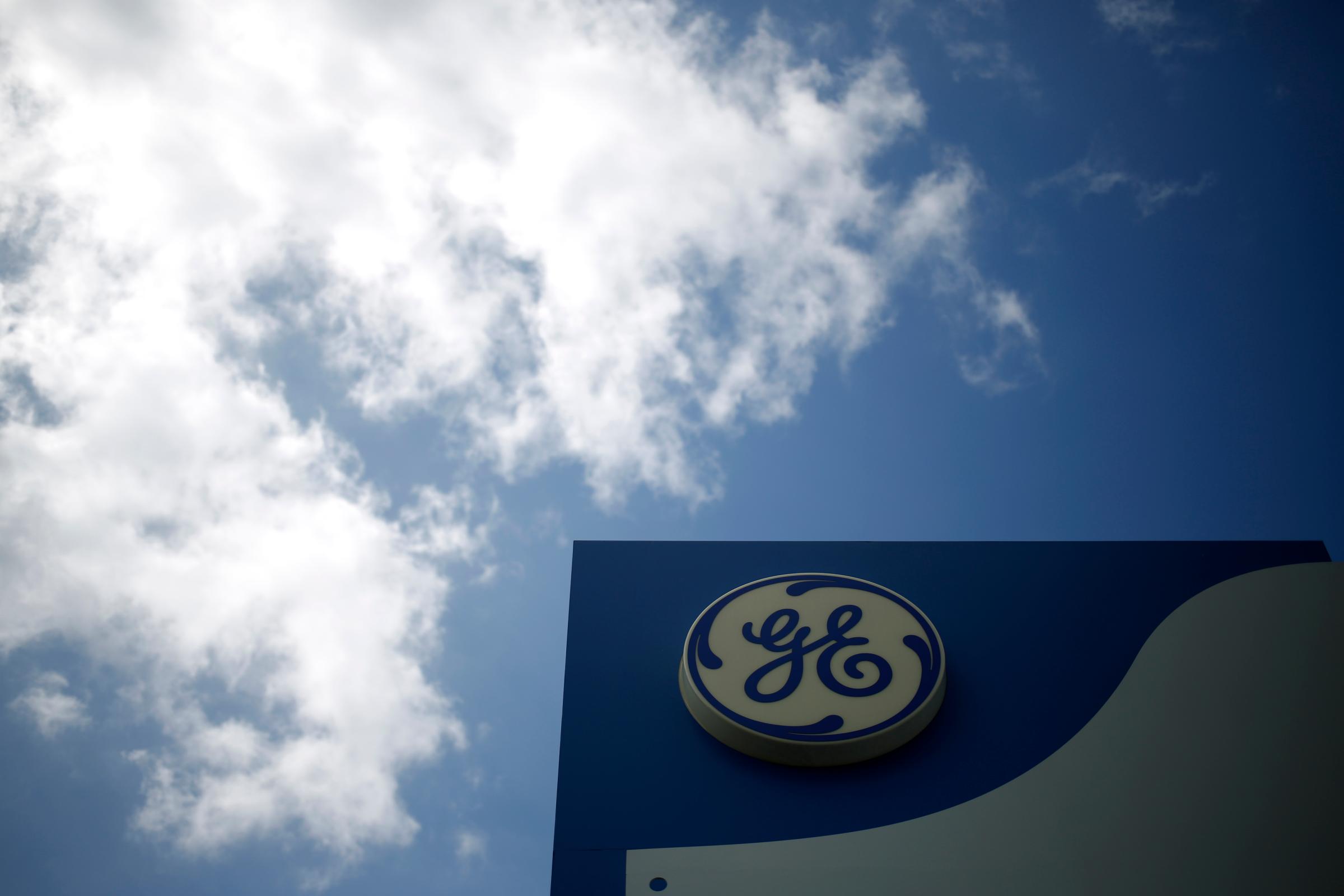

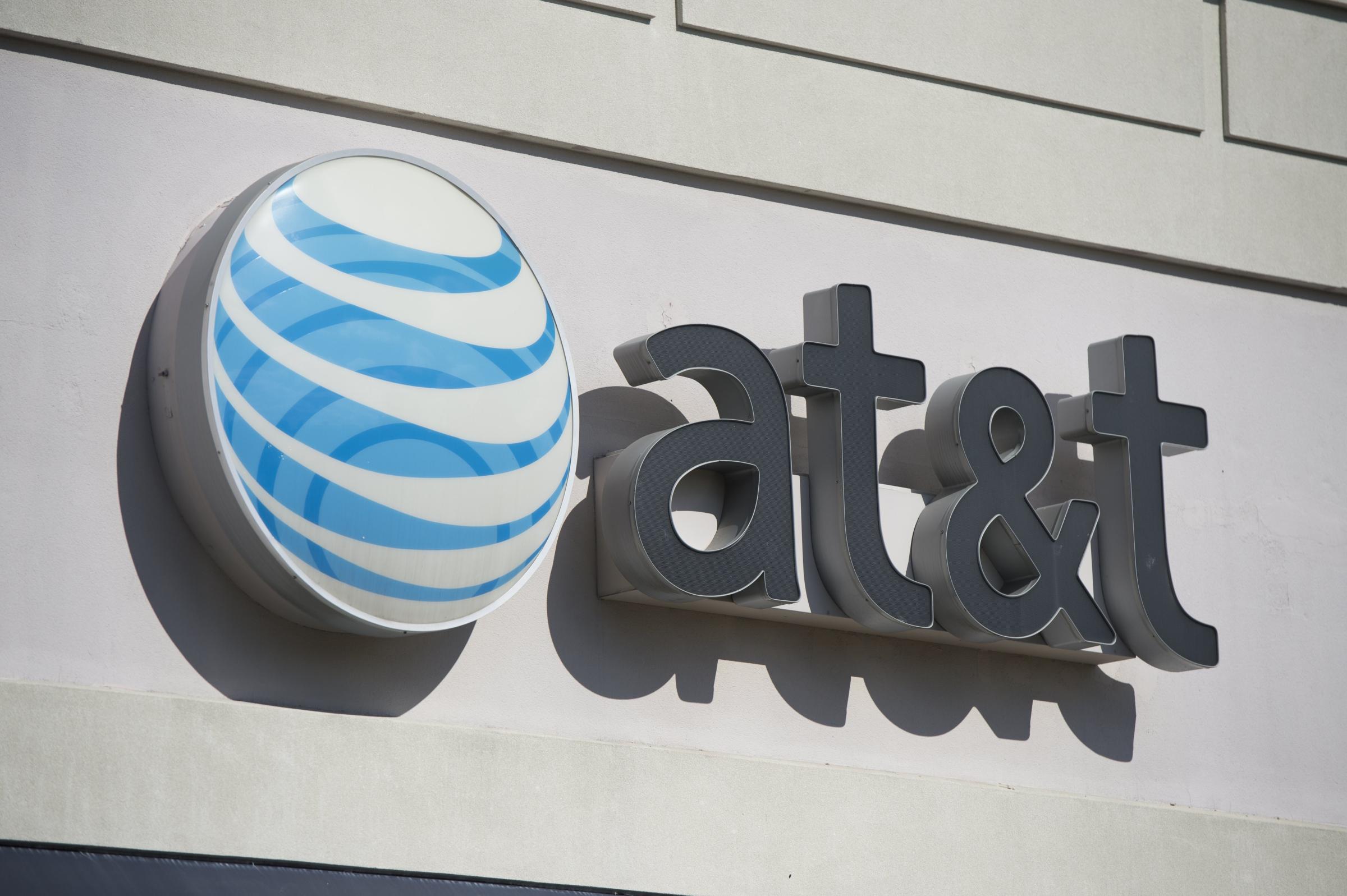
Nor were they the only corporate thrillseekers. “Overall, I’m thrilled with the progress we made across all of our initiatives,” Groupon CEO Eric Lefkofsky said on Thursday. But at least Groupon’s stock rose 25% on the evidence of that progress. So even if Lefkofsky wasn’t exactly atremble with joy over the company’s progress, the surge in value Friday of his Groupon shares surely enlivened his mood.
Not so for Mark Zuckerberg. Facebook’s shares fell 10% on warnings of slower growth and heavier spending. The normally low-key Zuckerberg had no thrills to report but he does get excited pretty easily–nine times in last week’s earnings call. Most people in the Bay Area get excited when the Giants win the World Series, but for Zuckerberg it’s a new ad platform, deep linking or “partnering with credit card companies.”
This is fine, in a nerdy way. But the point is, on Wall Street nobody cares about excitement levels, even with an influential executive like Zuckerberg. The numbers Facebook delivered meant everything in the selloff. The emotional state over at Hacker Way meant nothing. So why do executives even bother?
Sometimes the hyperbole defies common sense, as when Greg Blatt, chairman of IAC’s Match Group, which owns OKCupid and Tinder, explained that Tinder isn’t being monetized right now but that he “couldn’t be happier.” But wouldn’t surging revenue and profits from the popular Tinder app make him happier? Because it would probably make investors in IAC feel better.
Perhaps the king of earnings hyperbole is Apple’s Tim Cook. Which seems strange because Cook gives off this constant Zen vibe. “It’s just absolutely stunning,” Cook said about Mac sales to a group of investors who were completely not stunned. Later, Cook added, “I could not be more excited about the road ahead in fiscal 2015.”
At one point in last week’s call, Cook said he “couldn’t be happier” about Apple’s ability to supply its new iPhone lines. Then, only a few seconds later, he said he “couldn’t be happier with the way demand looks.” Which is either a direct contradiction or a crazy business koan that, once cracked, will yield immediate enlightenment.
The effect of such relentless hyperbole is that, when companies do have good news to be excited about, investors just dismiss it as more hollow rhetoric. Instead, it’s the immediate, often knee-jerk reaction to the stock price that sets the consensus on how well or poorly a company is performing financially. The thicker the happy feelings are layered on, the more they are distrusted as more corporate spin.
Of course, such grandiose language is also to be found outside of the tech industry. Starbucks CEO Howard Schultz on Friday said he was “beyond thrilled” to be announcing—not blowout profits or guidance surpassing Wall Street’s hopes—but a new roastery Starbucks is opening in December.
Maybe Schultz is on to something. Taking his words “beyond thrilled” at face value could be good advice for overexcited executives in general: Hurry up and get past your declarations thrills/excitements/pleasures. Because the rest of the market is already well beyond caring about them.
And while you’re at it, more numbers would be helpful.
More Must-Reads from TIME
- Donald Trump Is TIME's 2024 Person of the Year
- Why We Chose Trump as Person of the Year
- Is Intermittent Fasting Good or Bad for You?
- The 100 Must-Read Books of 2024
- The 20 Best Christmas TV Episodes
- Column: If Optimism Feels Ridiculous Now, Try Hope
- The Future of Climate Action Is Trade Policy
- Merle Bombardieri Is Helping People Make the Baby Decision
Contact us at letters@time.com